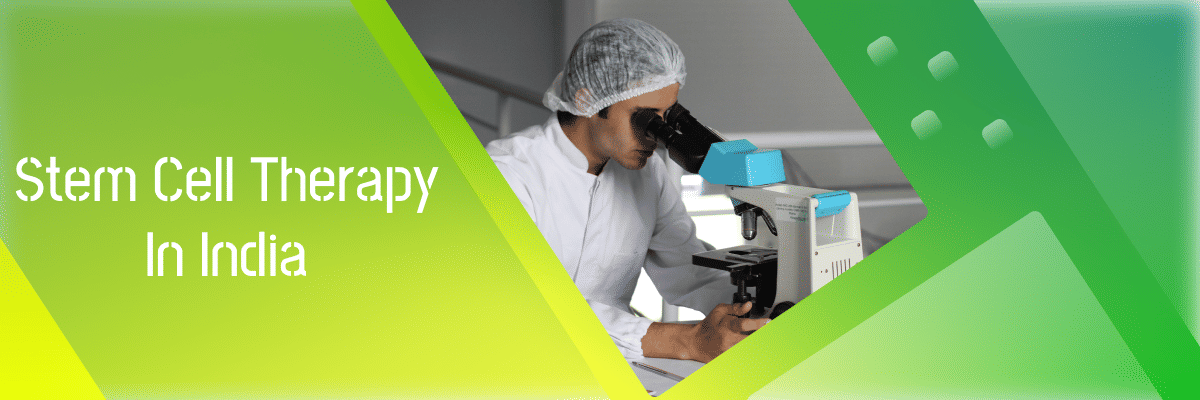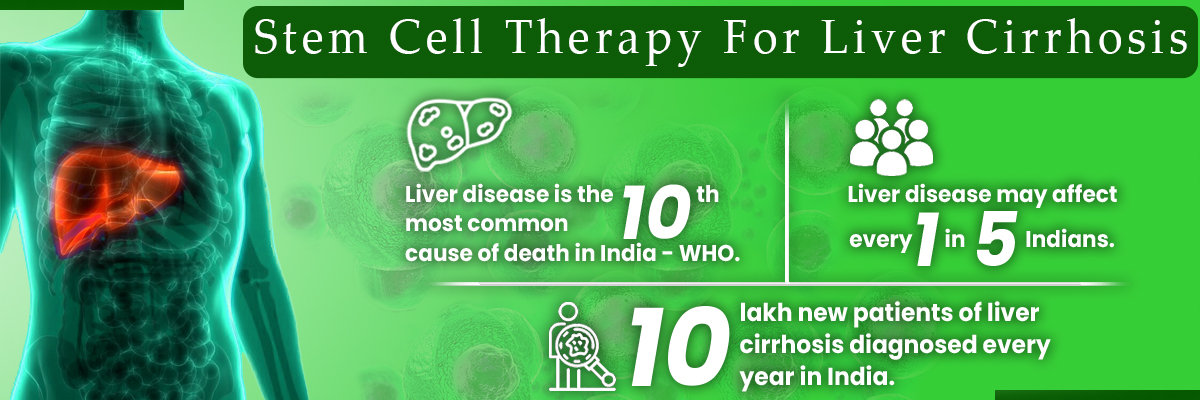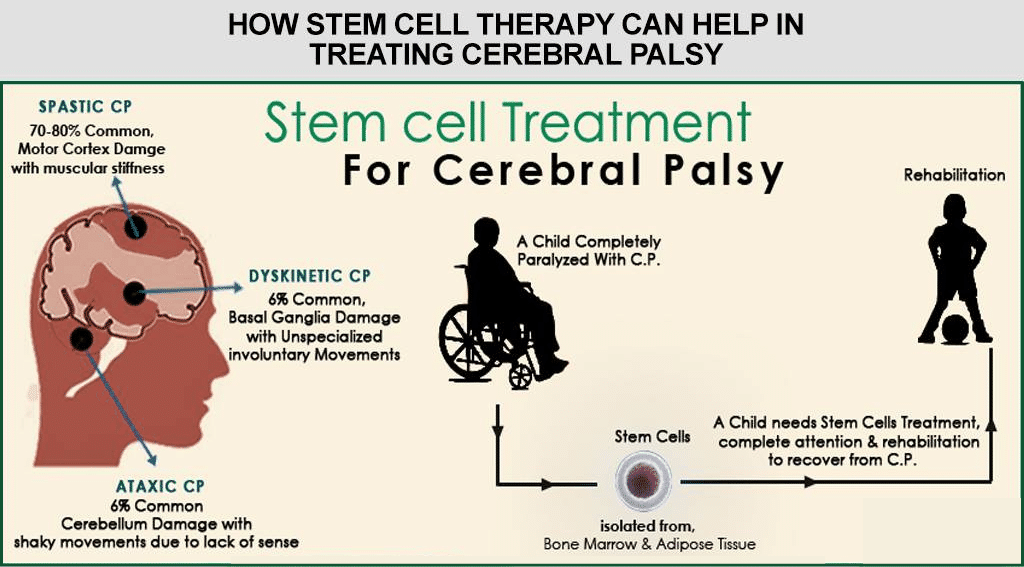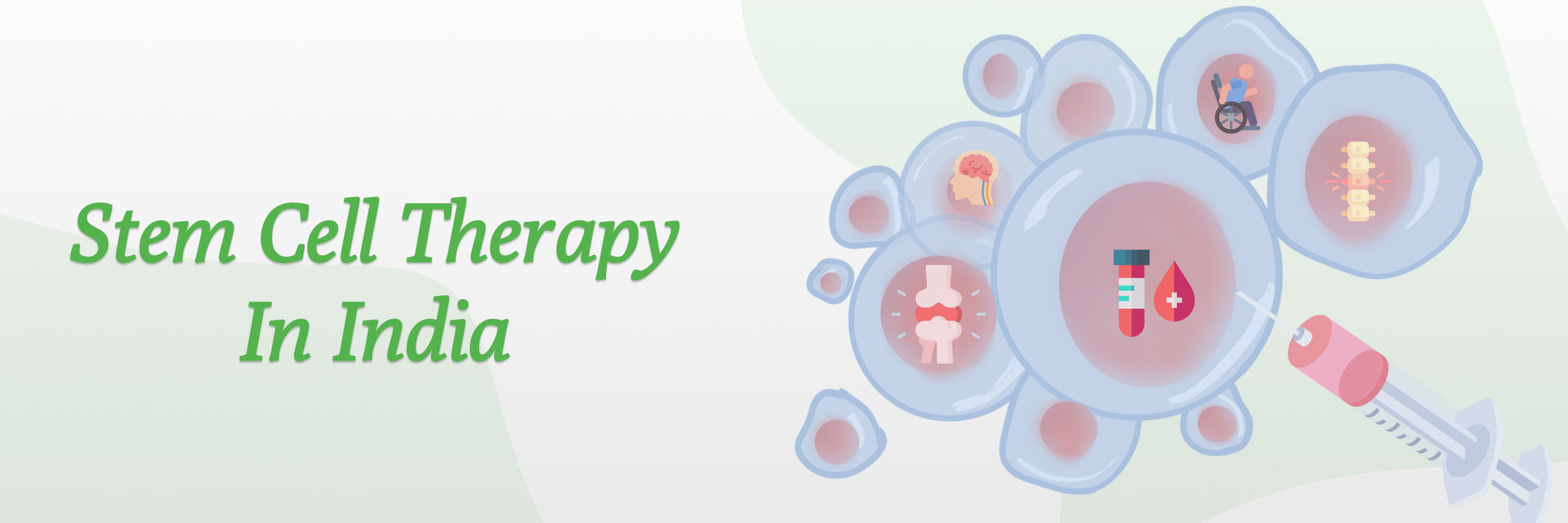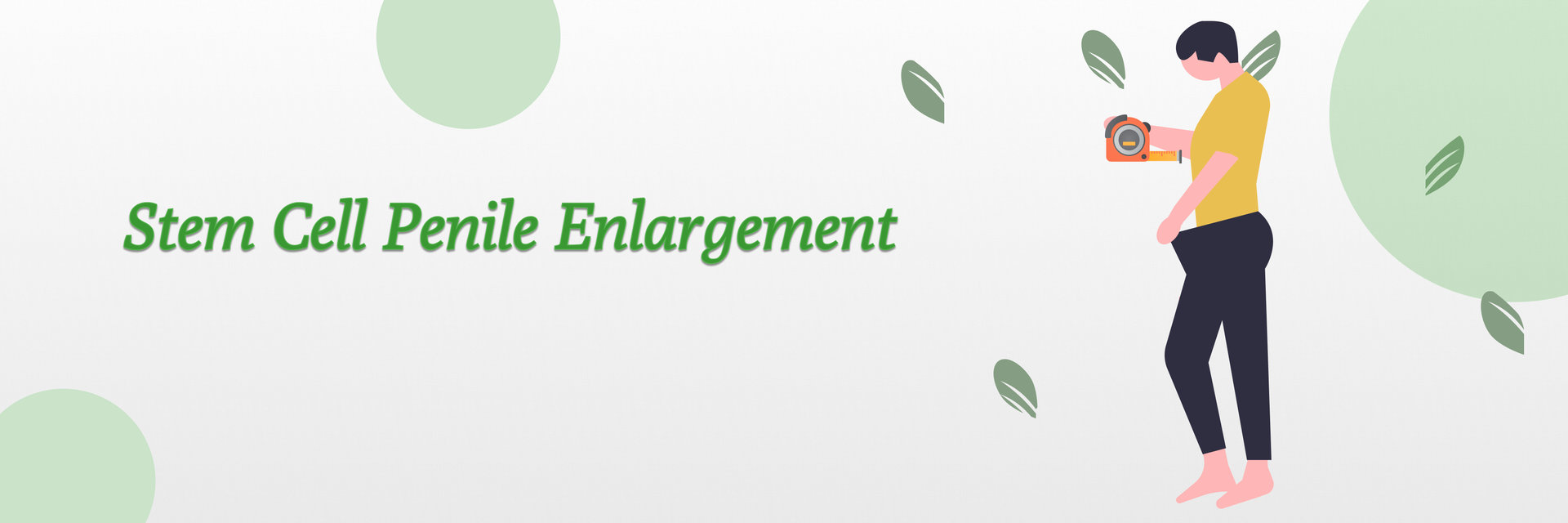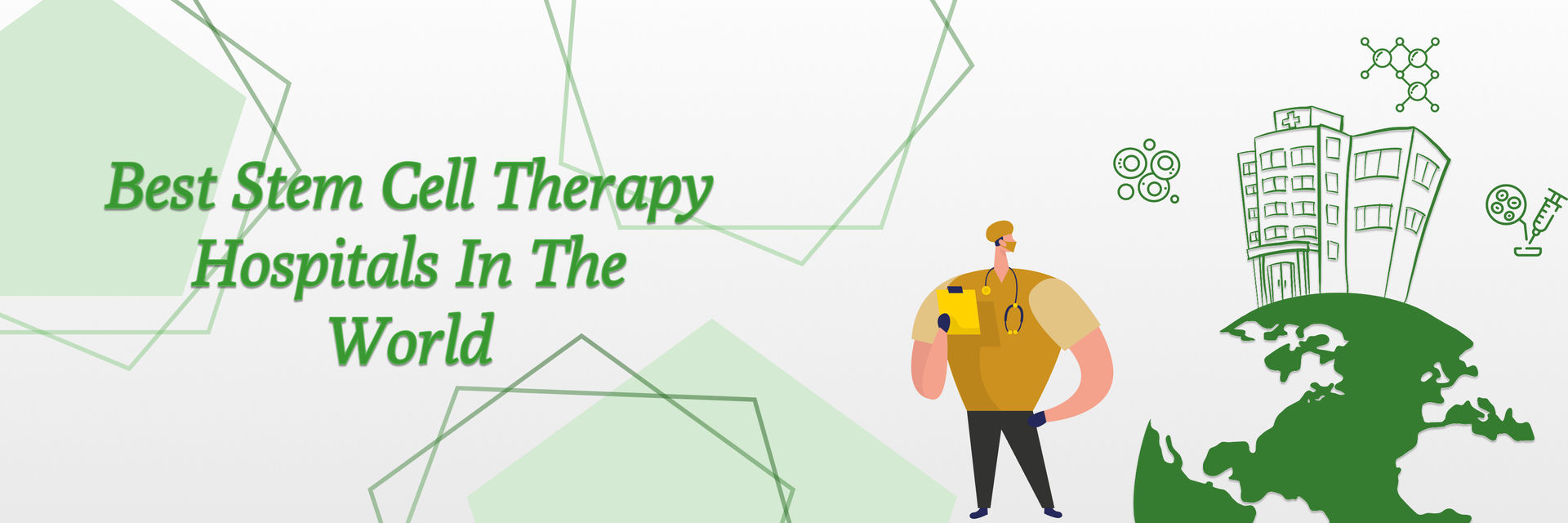Overview
Did you know millions of men around the world find it hard to become fathers because of azoospermia?
Azoospermia is a condition with no sperm in the semen, making it difficult to have children naturally. It's a challenge for many men, both emotionally and physically.
According to data from the Global Burden of Disease Study in 2019, there were approximately 56.53 million cases of male infertility worldwide (including azoospermia). This number represents a significant increase of 76.9% compared to 1990, indicating a growing issue over the past few decades.
In India, where infertility rates are on the rise, innovative treatments like stem cell therapy are garnering attention. The potential of stem cell therapy for azoospermia in India is a beacon of hope for many couples struggling with infertility. This article delves into the current landscape, including relevant statistics, the effectiveness of the treatment, and its approval status.
Let's read further and explore how stem cells might be the key to starting a family.
Understanding Azoospermia

Azoospermia is a condition where there's no sperm in a man's ejaculate. This lack of sperm can happen for various reasons, like:
Obstructive Azoospermia (Up to 40% of cases): In this type, something is blocking the sperm from reaching the semen. This blockage could be anywhere along the reproductive system, from the testicles to the urethra. Examples include infections, previous surgeries, or developmental abnormalities.
Non-obstructive Azoospermia (Up to 60% of cases): The body does not produce sperm in the testicles. This could be due to hormonal imbalances, genetic conditions, or certain medications.
Remember, consulting with a doctor is crucial to explore all treatment options. Start your path to fatherhood. Schedule a consultation with a specialist.
While azoospermia can be challenging, understanding the condition is the first step. Let's explore how stem cell therapy might offer a path to fatherhood for men with azoospermia.
Does stem cell therapy work for azoospermia?
Stem cells, known for their ability to differentiate into various cell types, offer a revolutionary approach to treating many conditions, including infertility. In the context of azoospermia, stem cell therapy aims to restore or enhance sperm production.
Research into the efficacy of stem cell therapy for azoospermia is still in its early stages, but initial results are promising. Several studies have shown that stem cells can potentially differentiate into sperm cells or create an environment that supports sperm production.
How Stem Cells Can Treat Azoospermia?
In azoospermia, the problem lies with either sperm production or its passage. Stem cell therapy aims to treat in two ways:
1. Obstructive Azoospermia
(Blockages prevent sperm from reaching semen)
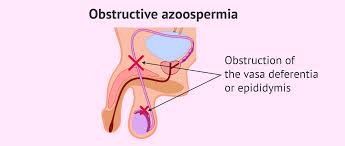
Potential Use of Stem Cells: Repair or regenerate damaged tissues causing blockage, allowing natural sperm passage
2. Non-obstructive Azoospermia
(Body doesn't produce sperm in the testicles):
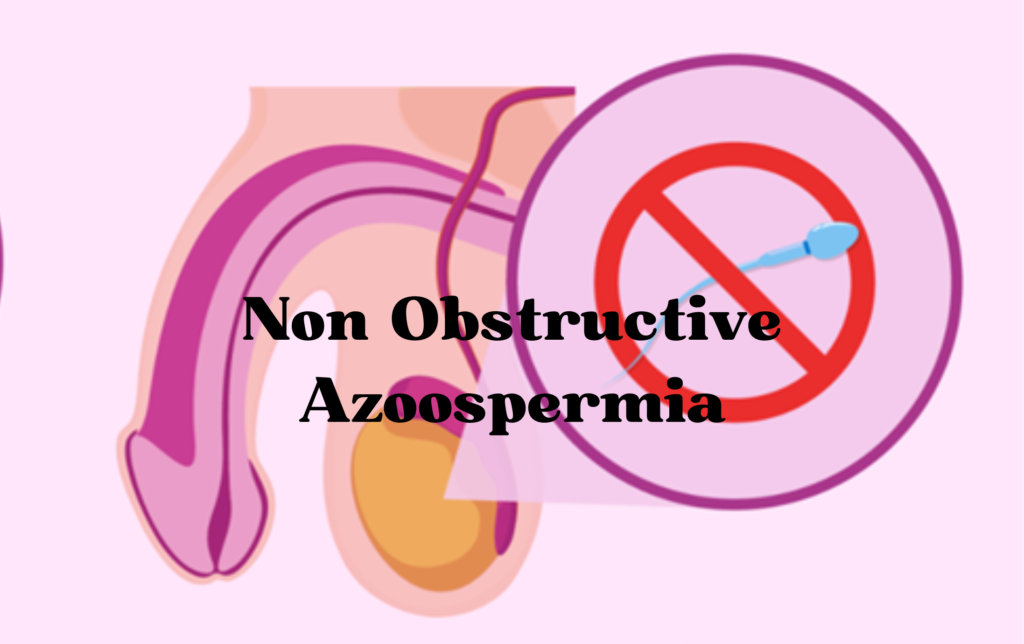
Potential Use of Stem Cells: Induce stem cells to differentiate into sperm-producing cells within the testicles.
Let's delve into stem cell treatment and uncover its benefits and risks for a well-informed decision!
Benefits and Risks of Stem Cell Treatment
Stem cell therapy holds immense promise for treating various medical conditions, but it's important to understand both the benefits and risks.
Benefits:
- Repairing Damage: Stem cells can potentially regenerate tissues and organs.
- Chronic Conditions: New hope for managing diseases like diabetes and Parkinson's.
- Personalized Treatment: Using your stem cells reduces rejection risks.
- Improved Quality of Life: Stem cells could alleviate symptoms and promote healing.
Risks:
- Early Stage: Many therapies are still under development, with long-term effects unknown.
- Tumor Risk: A small chance exists that transplanted cells could turn into tumors.
- Ethical Concerns: The source of stem cells can raise ethical issues.
- Rejection Risk: Even your stem cells might be rejected by your body.
- High Cost: Stem cell therapy can be expensive and not covered by insurance.
Uncover the benefits and risks of stem cell treatment. Get in touch with us for comprehensive guidance and support!
Please note that stem cell therapies are still being researched or conducted in clinical trials. While the potential is groundbreaking, managing expectations and understanding that this is a rapidly evolving field is crucial.
Let's see if you're eligible for stem cell treatment, taking the first step toward potential relief and recovery.
Eligibility for Stem Cell Treatment
Stem cell therapy is a promising field, but it's still evolving. Various factors depend on determining eligibility for specific treatments.
- Age: Some studies suggest age might influence the effectiveness of stem cell therapy.
- Overall health: Underlying health conditions could affect eligibility.
- Type of stem cell therapy: Different therapies have different eligibility criteria.
Stem Cell Therapy for Azoospermia in India
India is emerging as a hub for advanced medical treatments, including stem cell therapy. It boasts world-class medical facilities and many clinics specializing in this field. Indian doctors and researchers are highly skilled and experienced in regenerative medicine.
1. StemRx Bioscience Solutions Private Limited (Dr. Mahajan’s Hospital) Navi Mumbai
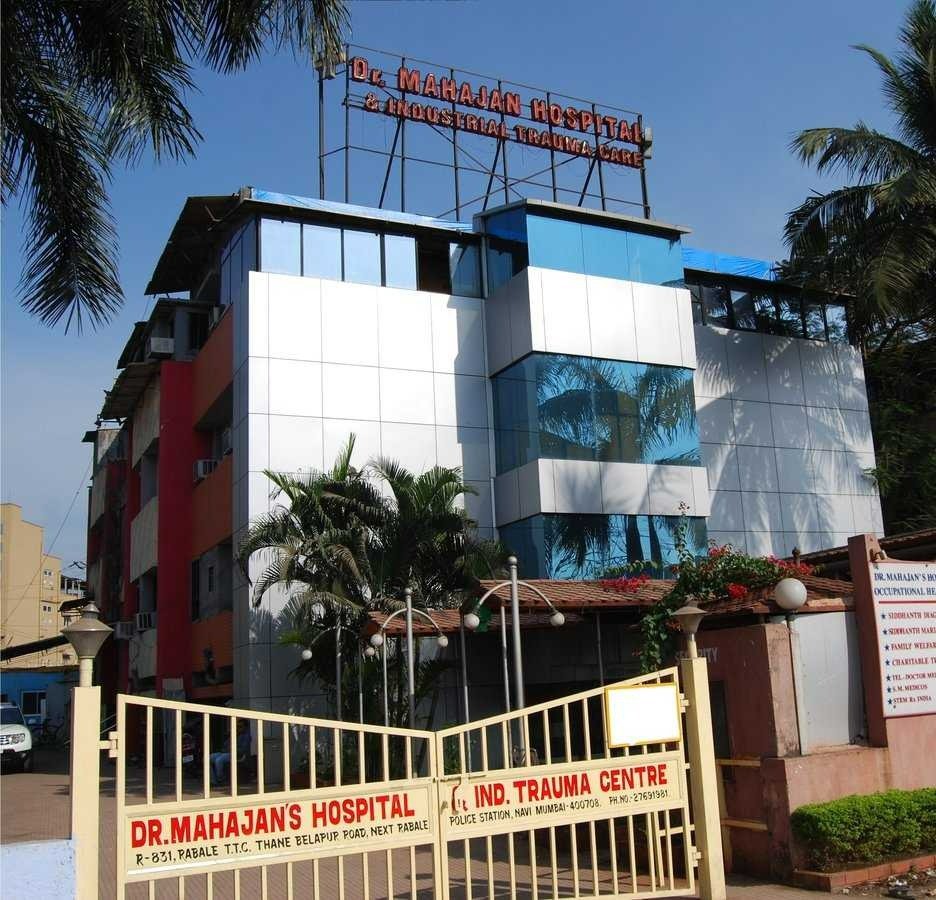
StemRx Bioscience Solutions Private Limited, also known as Dr. Mahajan’s Hospital, is a leading institute in stem cell research and therapy. With a team of experienced scientists and medical professionals, STEMRX is at the forefront of developing and implementing advanced stem cell treatments designed to improve patient outcomes and quality of life. The institute is known for its commitment to ethical practices and adherence to regulatory guidelines, ensuring safe and effective patient treatment options.
Specialities: Stem cell research and therapy, regenerative medicine
Services: Innovative stem cell treatments for various conditions
Notable Achievements: Known for its cutting-edge research in stem cell therapy and successful application of these therapies in clinical settings
2. NeuroGen Brain and Spine Institute, Mumbai
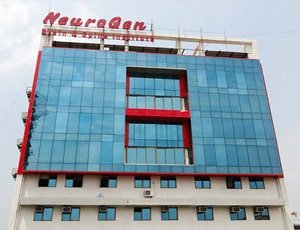
NeuroGen Brain and Spine Institute is dedicated to providing stem cell therapy for individuals with neurological disorders. NeuroGen's team works under the same roof to offer patients hope and the best treatment options.
- Specialities: Neurogenetics, neurorehabilitation, stem cell therapy
- Services: Comprehensive treatment, including stem cell therapy, neurorehabilitation, and follow-up care
- Notable Achievements: Recognized for pioneering stem cell therapy for neurological disorders in India
3. Medanta - The Medicity, Gurgaon
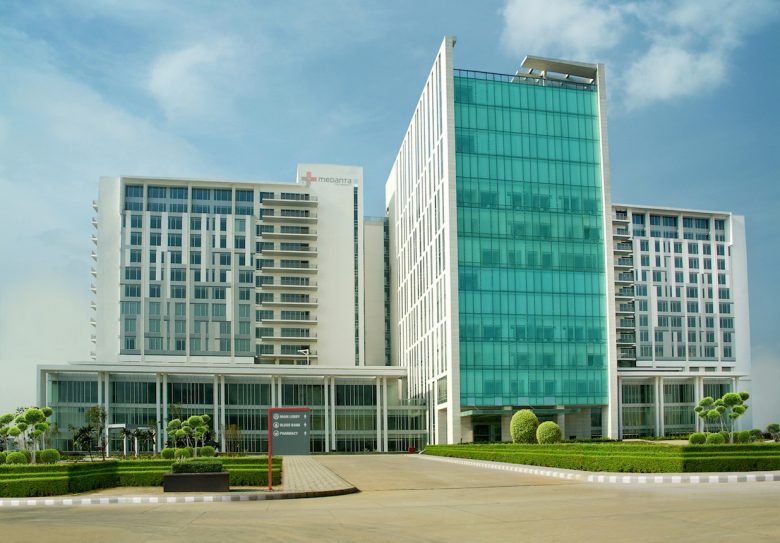
Medanta—The Medicity is a multi-specialty hospital focused on neurology and regenerative medicine. It offers advanced stem cell therapy and personalized treatment plans to address patients' needs.
- Specialties: Multi-specialty hospital with a focus on regenerative medicine
- Services: Advanced stem cell therapy, rehabilitation, and personalized treatment plans
- Notable Achievements: Known for its state-of-the-art facilities and experienced medical professionals
4. Kokilaben Dhirubhai Ambani Hospital, Mumbai

Kokilaben Dhirubhai Ambani Hospital is a leading hospital in India focusing on innovative treatments. It provides cutting-edge stem cell therapy and comprehensive care for various conditions.
- Specialties: Neurology, neurosurgery, regenerative medicine
- Services: Cutting-edge stem cell therapy, neurorehabilitation, and comprehensive care
- Notable Achievements: Leading hospital in India with a focus on innovative treatments
5. AIIMS, New Delhi
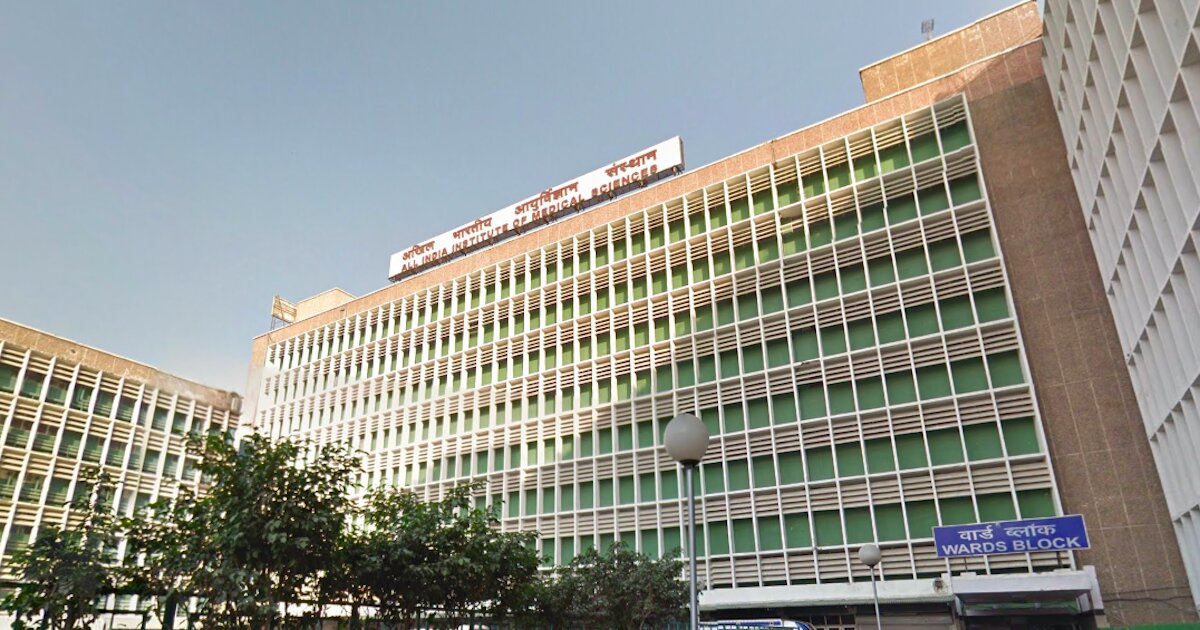
AIIMS (All India Institute of Medical Sciences) is a premier medical institute in India. It offers a wide range of medical services, including stem cell therapy. It is renowned for its research and clinical excellence.
- Specialties: Premier medical institute in India, offering a wide range of medical services, including stem cell therapy
- Services: Multidisciplinary approach to treatment, including stem cell therapy and rehabilitation
- Notable Achievements: Renowned for its research and clinical excellence in regenerative medicine
6. Apollo Hospitals, Chennai

Apollo Hospitals is a multi-speciality hospital with expertise in various treatments, including regenerative medicine. It offers comprehensive stem cell therapy programs, rehabilitation, and follow-up care to ensure the best patient outcomes.
- Specialties: Multi-specialty hospital with expertise in regenerative medicine
- Services: Comprehensive stem cell therapy programs, rehabilitation, and follow-up care
- Notable Achievements: Recognized for its advanced medical technology and experienced healthcare professionals
Types of Stem Cells Used in Azoospermia Treatment

Stem cells hold promise for future azoospermia treatment.
- Embryonic stem cells: They can become any cell type (including sperm) but are ethically complex.
- Adult stem cells: Limited in their cell types. Scientists are exploring their potential for sperm production.
- Induced pluripotent stem cells (iPSCs): Reprogrammed adult cells with similar abilities to embryonic stem cells. Still under development.
Remember: Stem cell therapy for low sperm count is still under development.
The Procedure of Stem Cell Treatment for Azoospermia
Stem cell therapy for azoospermia is still in the experimental stage, but here's a general procedure using mesenchymal stem cells (MSCs):
Stem Cell Collection: The doctor extracts a small amount of fat tissue (adipose tissue) through liposuction.
Stem Cell Processing: In a lab, the extracted tissue is processed to isolate MSCs.
Preparation: Platelet-rich plasma (PRP), containing growth factors, may be extracted from the patient's blood for additional support.
Stem Cell Delivery: The isolated MSCs, possibly combined with PRP, are injected directly into the testicles.
Post-Treatment: Recovery and Follow-Up
While stem cell therapy for azoospermia shows promise, it's still early.
Here's what to expect after the procedure:
Recovery:
- This is typically an outpatient procedure with minimal discomfort.
- You might experience temporary scrotal soreness or swelling, which can be managed with pain medication.
- Rest and avoiding strenuous activity for a few days are recommended.
Follow-Up:
- Since sperm production takes time, results aren't immediate.
- Follow-up appointments with your doctor are crucial for monitoring progress.
- Semen analysis will likely be conducted around 3 months post-treatment to assess sperm presence and quality.
- Subsequent analyses might be scheduled to track any ongoing improvements.
Success Rates of Stem Cell Treatment for Azoospermia
Stem cell therapy is a developing field with the potential to address male infertility, including azoospermia. Research is ongoing to explore its effectiveness.
- Stem cell therapy shows promise for men with non-obstructive azoospermia.
- Early research suggests a potential 56% success rate in generating new sperm cells.
- Overall success rates might range from 30-50%, leading to increased sperm count, motility, or conception.
- More research is needed to solidify these findings.
Cost of Stem Cell Treatment for Azoospermia
Stem cell therapy for azoospermia is a developing field, and the cost can vary significantly depending on several factors, such as:
- Location: Treatment costs can differ substantially between countries.
- Facility: The reputation and experience of the clinic can influence the cost.
- Specific procedure: The type of stem cell therapy used may affect the price.
- Additional needs: Pre-treatment consultations, medications, and post-treatment monitoring can add to the overall cost.
Estimates suggest that stem cell therapy for azoospermia may cost between 8000 USD and 12000 USD.
Can Stem Cells Replace Sperm?
Stem cells hold the promise of generating functional sperm cells, potentially offering a solution for men with non-obstructive azoospermia. However, this process is complex and involves several steps:
- Harvesting Stem Cells: Stem cells can be derived from various sources, including bone marrow, adipose tissue, and the patient’s testes.
- Differentiation: In a controlled laboratory environment, these stem cells are induced to differentiate into spermatogenic cells.
- Transplantation: The differentiated cells are then transplanted back into the patient’s testes, ideally integrating and producing sperm.
Learn about the cost of stem cell treatment for azoospermia. Reach out to us for pricing details and support.
Conclusion
Stem cell therapy for azoospermia can be a promising but evolving approach. Mesenchymal stem cells are being investigated for their potential ability to restore sperm production. Success rates still need to be determined, costs can be high, and insurance coverage is limited. However, this innovative treatment holds promise for the future of male fertility.
Disclaimer
Stem cell therapy offers promising hope for the treatment of many diseases, including neurological and autoimmune conditions. However, it is important to note that most of these treatments are currently under clinical trial and have yet to receive FDA approval. The success rates mentioned are based on ongoing clinical trials. This blog is for informational purposes, and we are not promoting stem cell therapy. Individuals should consult with qualified healthcare professionals to discuss potential risks and benefits.
References:
https://www.ncbi.nlm.nih.gov/pmc/articles/PMC9666961/
https://stemcellres.biomedcentral.com/articles/10.1186/s13287-021-02295-9
